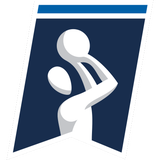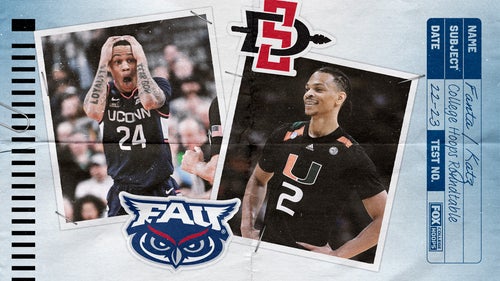
UNC again faces NCAA extra-benefits charge in academic case
RALEIGH, N.C. (AP) The NCAA has once again revamped its charges against North Carolina in the school's multi-year academic case, leading university officials to openly question the fairness of the process.
On Thursday, the school released a third Notice of Allegations (NOA) from the NCAA that included charging the school with providing improper extra benefits after withdrawing a similar charge last spring. The Dec. 13 notice reworded the charge that had been removed from the first version filed in May 2015 centering on athletes' access to irregular courses on the Chapel Hill campus.
First tied to conduct by academic counselors, the charge now focuses on two former staffers in that department while also citing them for violating ''principles of ethical conduct.''
And while noting that many at-risk athletes used the courses to help maintain eligibility, the third NOA restores a reference to football and men's basketball players among that group, which was also removed before the second version filed in April.
UNC has faced five top-level charges in all three versions, including lack of institutional control, though a charge of failure to monitor from the second notice was incorporated within the institutional-control charge in the third notice.
Athletic director Bubba Cunningham said in a conference call Thursday that the school had ''serious concerns'' about a process he said ''has gotten off track'' in a case tied to the school's long-running academic fraud scandal.
''I have to admit I'm surprised and disappointed by the entire third NOA,'' Cunningham said. ''Again, I have never seen three notices on the same case. And the charge of the enforcement staff is to investigate and properly assess the facts to bylaws, and to have such a moving target is confounding to me.''
UNC had appeared before an infractions committee panel in October solely to discuss procedural arguments it had made in response to the second NOA. The school also released a Nov. 28 letter from the panel - led by Southeastern Conference Commissioner and infractions committee chair Greg Sankey - stating it had instructed the enforcement staff to revisit the charges to review whether they ''are alleged in a fashion to best decide this case.''
That step was of particular concern to UNC officials, with attorney Richard J. Evrard writing a Wednesday letter to Sankey regarding ''a process that increasingly lacks clarity on what (UNC) is expected to defend.'' He also stated Sankey previously refused to add letters between UNC and the NCAA enforcement staff explaining what led to the removal of the improper-benefits charge after the first notice.
''I think it makes it really difficult for any institution that's going to face a group that can act as the investigator, the prosecutor and the judge,'' Cunningham said. ''I think it's patently unfair. And I think that we need to consider, not just in this case, but on a national basis this entire infractions process.''
NCAA spokeswoman Emily James declined by email to comment Thursday afternoon on UNC's case, which grew as an offshoot of a 2010 probe into the football program. But she later provided a statement from Sankey, who said the panel assigned to the case has ''been diligent to meet NCAA rule expectations throughout this process.''
''The committee will continue to provide a fair basis for a hearing to the university and individuals involved, and has afforded ample and fair opportunity for involved parties to provide context at a number of stages,'' Sankey said. ''Consistent with the third NOA issued independently by the NCAA enforcement staff ... the university now has a new deadline to submit material for the hearing panel's consideration.''
For the third time, UNC will have a 90-day deadline to respond to NCAA charges.
UNC had challenged the NCAA's jurisdiction and said its accreditation agency was the proper authority to handle academic issues as part of its procedural arguments leading to the October hearing.
Part of those issues also dealt with how much information should be used from a 2014 investigation conducted by former U.S. Justice Department official Kenneth Wainstein into the formerly named African and Afro-American Studies (AFAM) department.
Wainstein's report focused on courses requiring only a research paper or two while offering GPA-boosting grades, with many misidentified as lecture courses that didn't meet. Wainstein estimated more than 3,100 students were affected between 1993 and 2011, with athletes across numerous sports accounting for roughly half the enrollments.
---
Follow Aaron Beard on Twitter at http://www.twitter.com/aaronbeardap



